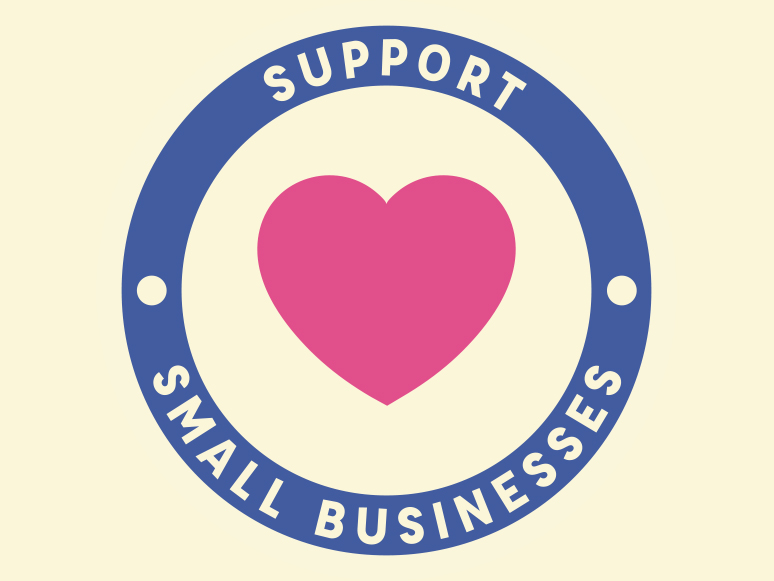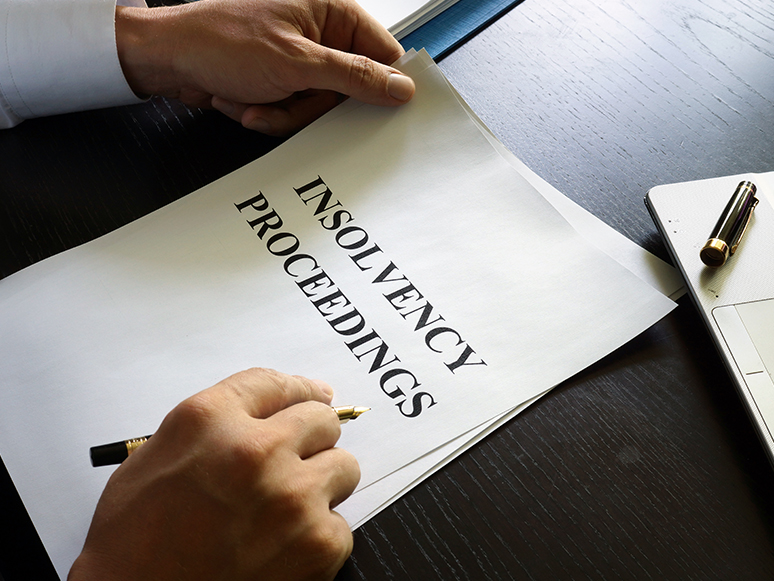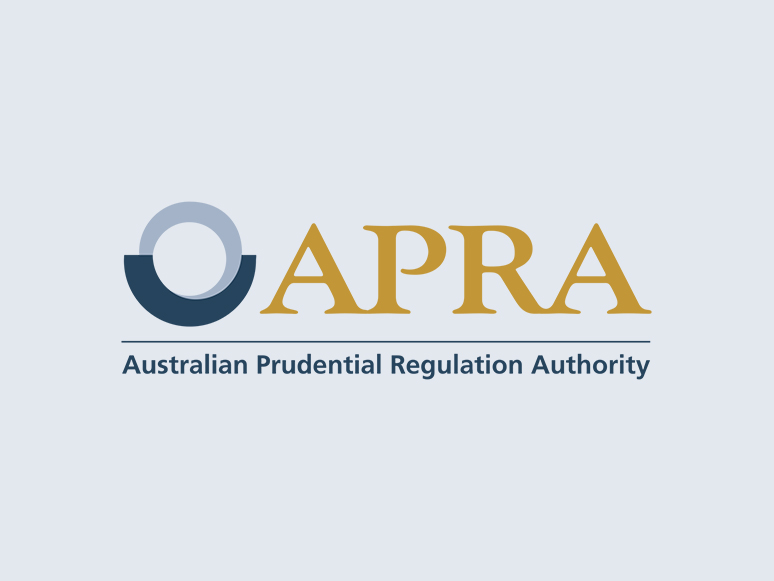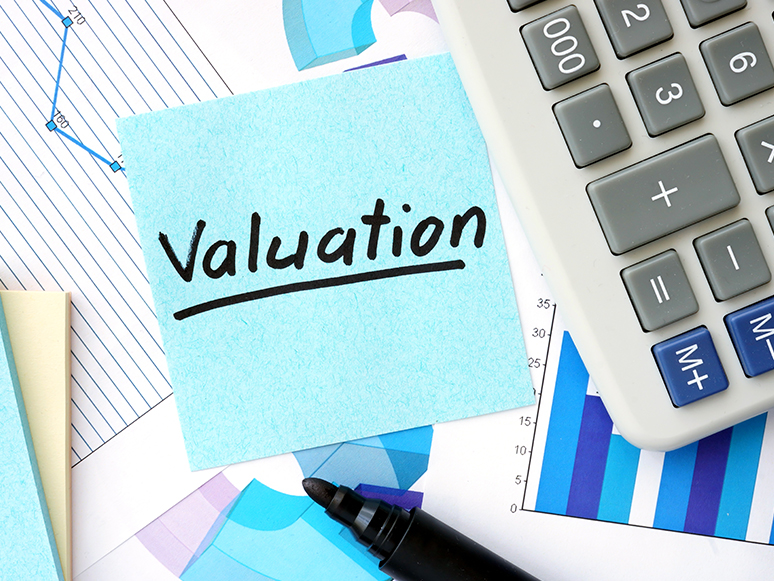logo


17th Nov, 2020

The ATO advises that the “shortcut” rate for claiming work-from-home running expenses has been extended, in recognition that many employees and business owners are still required to work from home due to COVID-19 This shortcut deduction rate was previously extended to 30 September 2020, but will now be available until at least 31 December 2020.
Eligible employees and business owners, therefore, can choose to claim additional running expenses incurred between 1 March 2020 and 31 December 2020 at the rate of 80 cents per work hour, provided they keep a record (such as a timesheet or work logbook) of the number of hours worked from home during the period.
17th Nov, 2020

The ATO has reminded businesses impacted by COVID-19 that they have a range of tax options to consider, including claiming a deduction for any losses. And for businesses finding it difficult to estimate income for the purposes of PAYG instalments, the ATO will not apply penalties or interest for excessive variations where businesses make a “best attempt” to estimate their end-of-year tax.
Sole traders and individual partners in a partnership who meet certain conditions can offset current year losses against other assessable income (such as salary or investment income) in the same income year.
Otherwise, the loss can be deferred or carried forward and offset in a future year when the business next makes a profit. Businesses set up under a company structure that have made a tax loss in a current year can generally carry forward that loss for as long as they want. Of course, it’s crucial to keep proper records when claiming a deduction for losses.
The ATO has acknowledged that some businesses may need to close their doors – either temporarily or permanently – due to COVID-19, particularly in Victoria. It calls on such businesses to “do their best to keep up with tax and super obligations”.
If a business is forced to close permanently as a result of COVID-19, or for any other reason, it must still lodge any outstanding activity statements and instalment notices, make GST adjustments on the final activity statement and lodge final tax returns. This will enable the ATO to finalise the tax account and issue any refunds that might be owed.
17th Nov, 2020

The Government has announced that it will introduce insolvency reforms to help small businesses restructure in response to COVID-19, including:
Safeguards will be included to prevent companies from using the new processes to undertake corporate misconduct, including firms seeking to carry out illegal phoenix activity.
The new insolvency processes are proposed to be available from 1 January 2021.
17th Nov, 2020

The Australian Prudential Regulation Authority (APRA) has published new guidance on the interaction between JobKeeper payments and satisfying the “work test” for the purpose of voluntary superannuation contributions.
Where an individual is aged 67–74 and is stood down from their employment due to the impacts of COVID-19 but is in receipt of the JobKeeper payment, APRA says a super fund trustee can accept a personal contribution from that individual under the super “work test” rules. APRA’s view is that where an employer is receiving the JobKeeper wage subsidy for an individual, registrable superannuation entity (RSE) licensees should consider the individual to be “gainfully employed” for the purposes of the “work test”, even if that individual has been fully stood down and is not actually performing work. In APRA’s view, this is appropriate because the individual is still employed and is obtaining a valuable benefit from their employer.
17th Nov, 2020

The ATO has advised that it will not apply a penalty for self managed super fund (SMSF) trustees that have difficulty obtaining evidence to support market valuations of assets due to COVID-19.
SMSF trustees are required to provide objective and supportable evidence to their auditor each year to establish that assets of the fund are valued at market value.
During the 2020 and 2021 financial years, the ATO will not apply a penalty if it is satisfied that the difficulty in obtaining valuation evidence is due to COVID-19. Instead, the ATO will send the SMSF trustee a letter advising them to ensure they comply with the ATO’s valuation guidelines and have supporting valuation evidence by the time of their next audit if possible. However, the ATO warns that repeated contraventions of the valuation evidence requirements could lead to future penalties.
17th Oct, 2020

The ATO has updated its COVID-19 and fringe benefits tax (FBT) advice, providing a useful outline of some issues that may arise due to an employer’s response to COVID-19.
Items provided to employees to allow them to work from home (or otherwise offsite) due to COVID-19 will usually be exempt from FBT if they are primarily used by employees for work.
Also, the minor benefits exemption or the otherwise deductible rule may apply if an employer:
The minor benefits exemption may apply for minor, infrequent and irregular benefits under $300.
In addition, the otherwise deductible rule may allow an employer to reduce the taxable value of benefits by the amount that an employee can claim as a once-only deduction.
Employers may have been garaging work cars at their employees’ homes due to COVID-19. There may not be an FBT liability depending on:
Employees’ driving patterns may have changed due to the effects of COVID-19. If an employer uses the operating cost method, it may have an existing logbook. If so, the employer can still rely on this logbook to make a reasonable estimate of the business kilometres travelled. However, the employer can also choose to keep a new logbook that is representative of its business use throughout the year.
The issue of logbooks is also addressed in more detail in the COVID-19 and car fringe benefits fact sheet.
There is also a separate ATO fact sheet on these matters.
An employer will not have to pay FBT if it provides emergency accommodation, food, transport or other assistance to an employee where:
An employer will also not have to pay FBT for benefits that are considered “emergency assistance”.
An employer may need to pay FBT on items it gives employees to help protect them from contracting COVID-19 while at work. These include gloves, masks, sanitisers and antibacterial spray.
The ATO says, however, that these benefits are exempt from FBT under the emergency assistance exemption if employers provide them to employees who:
Where employment duties are not of this kind, the minor benefits exemption may apply if an employer provides an employee with minor, infrequent and irregular benefits under the value of $300.
There is a limited exemption from FBT if an employer provides emergency health care to an employee who us affected by COVID-19.
If an employer pays for its employee’s ongoing medical or hospital expenses, FBT applies. However, if an employer pays to transport an employee from the workplace to seek medical help, that cost is exempt from FBT.
Providing flu vaccinations to employees is generally exempt from FBT because it is work-related preventative health care.
COVID-19 testing also qualifies for the FBT exemption for work-related medical screening, under ceration conditions.
An employer will not have to pay FBT if it is required to pay non-refundable costs for cancelled events that its employees were due to attend.
However, an employer may have to pay FBT if its employees were required to pay for their attendance at the cancelled event and the employer reimbursed them. This would be an expense payment fringe benefit – unless the otherwise deductible rule applies.